The Over Medicalization In America
No one can deny that advancements in technology and information gathering has given us a plethora of options to make our lives easier and overall better. Gone are the days where you have to wait a month to receive an item, go to school to become an “expert” at a skill, or have to wait for chance to go on a date with someone. Now, all these options are available to us with a quick swipe, tap and scroll of our fingertips.
In regards to medicine we can see in the inside of us with a quick scan, have a prescription sent to us without even seeing a physician, or have an invasive procedure performed and be home by the same day. But, in terms of medicine, for our health and ultimately for our sanity, is this “better” for us?
Sometimes less is more.
America has a pain problem. Despite all the amazing advancements in medicine and medical technology our pain problem over the years hasn’t gotten better, it’s actually gotten worse. How is that possible?
Knowledge is power….right??? Right???? We can see our bodies better, the public can access medical information and articles in seconds and our old surgeries that previously left us with massive incisions now leave scars about the size of paper cut. Then why is our pain problem getting worse?? Dare I say, can it be it’s to much of a good thing?!
Research has shown us that in some cases especially when involving the Neuromusculoskeletal system, it is. Early imaging of the spine and shoulder leads to WORSE outcomes than those who delay. How’s this possible?? Well, unfortunately once you see your “image” or your “pathologies “ you cannot unsee them. We plant a label on ourselves that XYZ is damaged and we will never be our “younger” selves. How many of us have heard “ I can’t workout like that anymore because I got a bulging disc in my back at L4-5 from an accident in the 90s”? For me all too much. Or the “I saw that online runners have terrible knees and I will eventually need to have them replaced”.
This “bad” seed that we plant (or someone else plants) can forever change the trajectory of our lives. Active people can shut themselves down for “pathologies” seen just as commonly in asymptomatic individuals.
And what happens with that? Removing ones active passion will lead to depression, decreased strength/capacity and ultimately poorer physical and mental health struggles in the long run. And it doesn’t have to be that way.
Human nature has us unfortunately focus on the negatives in this world. There’s a reason why the news is mostly of the horrors of our daily societies, why we vividly remember traumatic events more so than pleasant ones and why we get glued to the forums/blogs/posts of those that the medical system has failed.
Unfortunately in all my time as a therapist, I have yet to hear someone say hey I looked something up online and it sounds like what I have going on and gave me a ton of hope. Quite often it is the opposite. The medical “misinformation” out there usually saps anyone of their confidence in recovery and leads them on that path of limiting their life.
Again, it doesn’t have to be that way. Everyone’s pain experience and recovery is unique to them. That’s why generalizations from medical imaging or blogs rarely help us. It’s perfectly fine to look things up, get an opinion and look for answers. The fear of the unknown is a terrible thing to experience. Just make sure you also check in with medical provider who empowers you, who addresses your fears and is honest with you. You may be surprised with what you hear. Maybe you will learn that bulge from 10 years ago has likely reabsorbed. Or that the most elite athletes have a presence of a rotator cuff tear without pain and so can you.
Long story short, you are not what you have been labeled or diagnosed. You are human that is meant to stay moving and doing what you love to do. Surround yourself with medical professionals that support and encourage that!
Written by Dr. Jeremy Boyd



